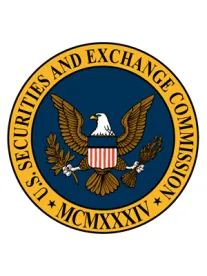Negligible Evidence of Business Nexus Element May Explain DOJ Declination
Consenting to a October 27, 2014, Cease and Desist Order, the global water management, construction and drilling company Layne Christensen Company agreed to settle SEC claims that two Layne subsidiaries had violated the Foreign Corrupt Practices Act. Layne agreed to pay $3,893,472.42 in disgorgement, $858,720 in prejudgment interest, and a $375,000 penalty amount. The settlement comes on the heels of an August 15, 2014, announcement by Layne that the Department of Justice (DOJ) has declined to file charges against the company for these alleged FCPA violations.
According to the Consent Order, between 2005 and 2010 Layne’s subsidiaries made approximately $800,000 in improper payments to foreign officials in various African countries in order to: (1) realize improper tax benefits; (2) secure custom clearance of equipment; (3) avoid assessed customs duties and penalties; and (4) secure work permits for, and avoid deportation of, their employees. While the SEC alleged that Layne realized financial benefits of approximately $3.9 million by making these payments, the Consent Order does not allege that Layne obtained business from the African governments in question, or even that Layne improved its competitive position in those countries on account of these payments. Other than a single rote reference to the alleged purpose of “obtain[ing] or retain[ing] business,” the Consent Order contains no indication that the SEC’s investigation produced evidence satisfying the business nexus element of the FCPA.
The SEC investigation began after a 2010 internal investigation prompted Layne to self-report potential violations to the SEC, and presumably to the DOJ as well. In assessing a civil penalty of only $375,000 on nearly $4 million of financial benefit, the SEC specifically referenced Layne’s extensive remedial measures since 2010 and its “high level of cooperation throughout the Commission’s investigation.” Layne’s voluntary disclosure and substantial cooperation likely contributed to the relatively modest penalty that it was assessed by the SEC. But it is equally likely that the SEC showed uncommon leniency, and the DOJ declined prosecution altogether, because an essential element of the FCPA could not be readily proven.




 />i
/>i

